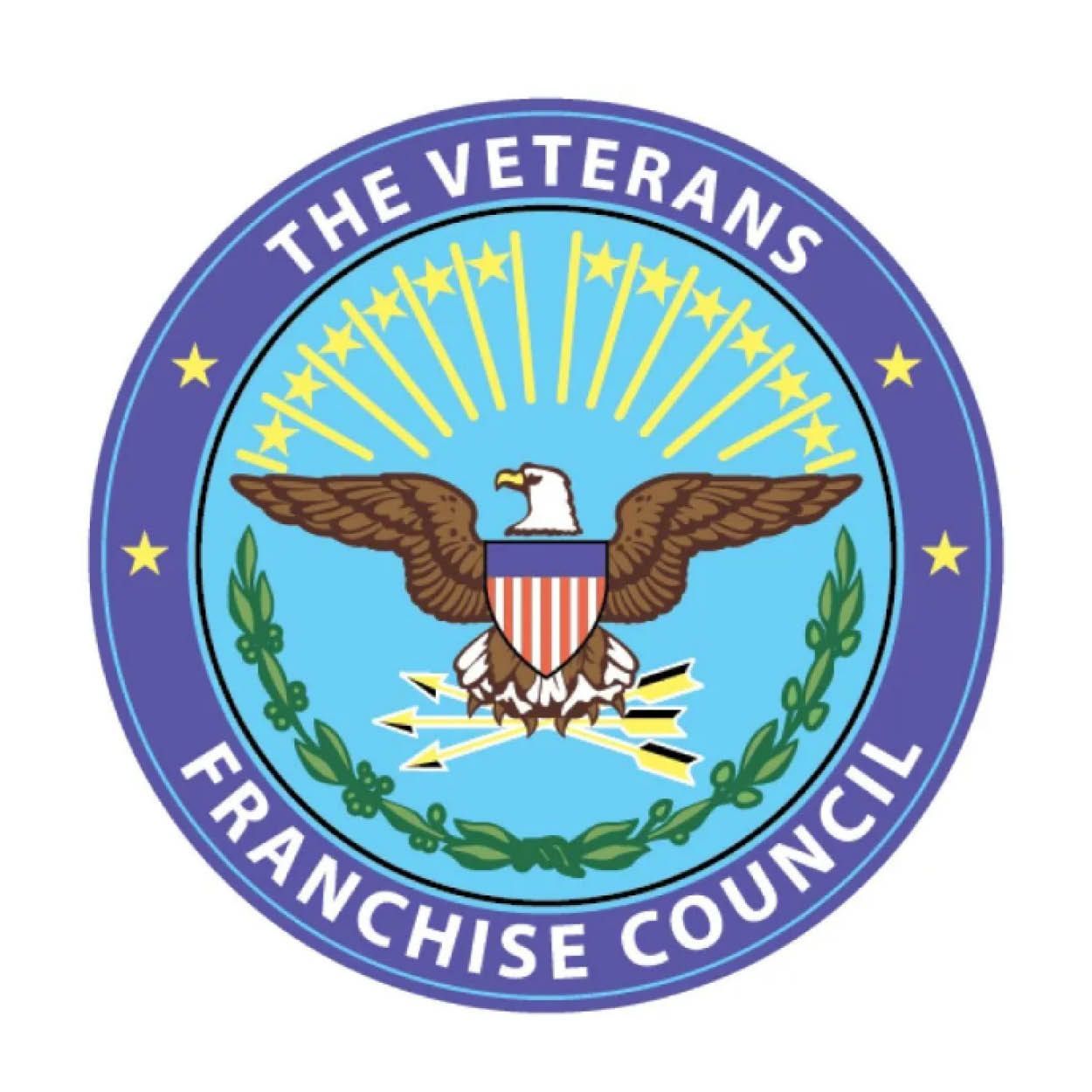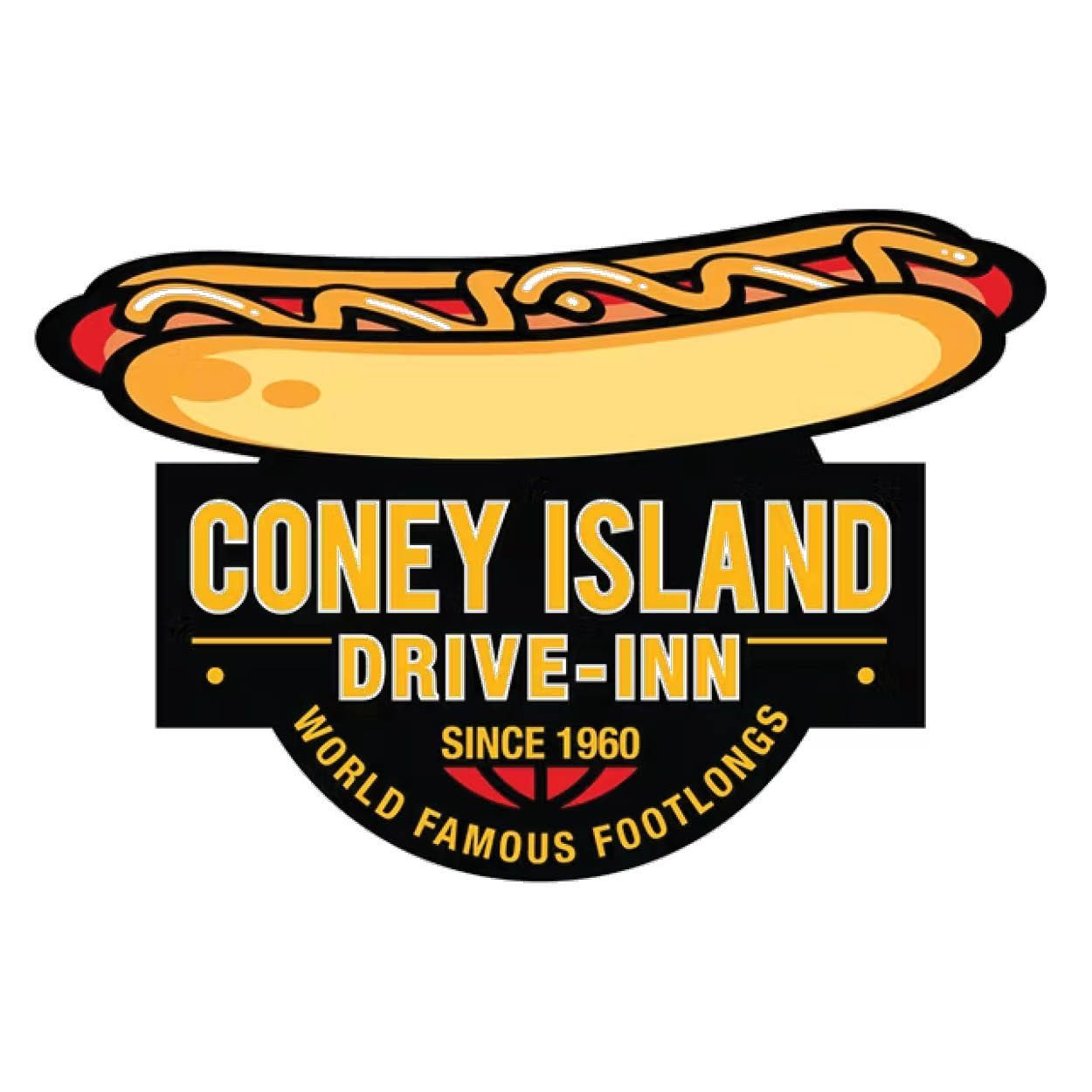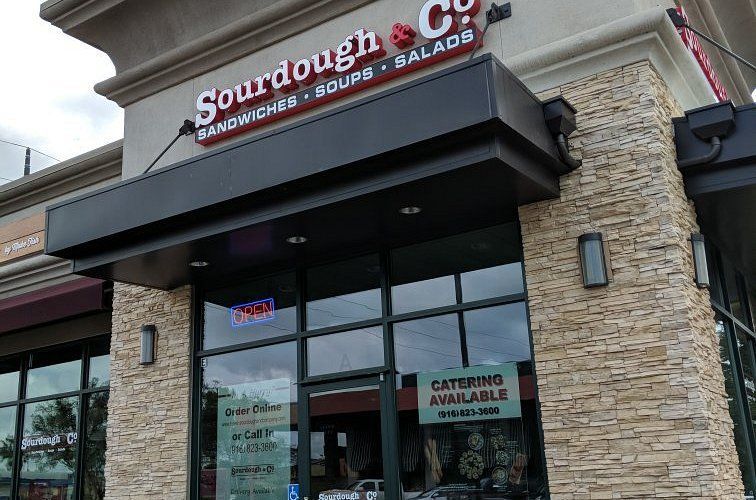Overcoming Perceived Barriers to Franchise Ownership
Franchise ownership has become a popular path for entrepreneurs, offering a tried-and-tested business model, brand recognition, and structured support that can make the journey to business ownership smoother. Despite these advantages, myths and misconceptions can deter many prospective owners. Common concerns, such as high costs, lack of control, and required experience, often stem from misunderstandings.
One major misconception is that franchise ownership is prohibitively expensive, with many assuming they need hundreds of thousands or even millions of dollars in liquid assets to buy into a franchise. While it’s true that some franchise models, particularly in hospitality, require significant upfront investment, there are options at various price points. Service-oriented franchises, like home cleaning, tutoring, and consulting, often demand far less than restaurant or retail franchises. Additionally, financing options are widely available. Many franchises qualify for Small Business Administration (SBA) loans or franchise-specific financing, and some franchisors even offer in-house financing. This range of price points and financing options makes franchise ownership accessible to a broader range of people than commonly thought.
Another common myth is that franchise owners lack control, often described as simply “buying a job” where franchisees follow rigid corporate guidelines. While franchises do come with brand standards, franchise owners have room for flexibility within these parameters. Franchisees make many daily decisions, such as hiring, customer service, and local marketing. Many franchisors even encourage franchisee feedback, allowing for innovation within brand guidelines. This balance between guidance and independence allows franchisees to personalize aspects of their business while benefiting from an established framework.
Another perceived barrier is the assumption that franchise owners need industry-specific experience to succeed. Prospective franchisees often think they need a background in hospitality to open a restaurant or in fitness to own a gym. However, franchisors often prioritize entrepreneurial spirit and customer service skills over industry knowledge. Most franchises offer extensive training programs that cover everything from operations to marketing. This training allows franchisees from diverse backgrounds to fill knowledge gaps and excel in their new ventures. Franchisors seek a broad pool of franchisees, knowing that people from varied experiences can bring strength and adaptability to the brand.
Concerns about guaranteed success may also discourage potential franchisees. They worry that a franchise’s brand recognition alone might not lead to profitability. And, while success is never guaranteed in any business, franchises provide a more secure path to success than starting an independent venture. Franchisees benefit from an established business model, brand awareness, and a network of other franchisees for guidance. By researching and choosing a reputable franchise with a solid track record, new owners can mitigate risks significantly, even if the brand alone doesn’t guarantee success.
Many people also believe that franchise ownership requires long, exhausting hours, leading to burnout. This misconception is particularly strong for labor-intensive industries like food service. While some franchises do demand active management, many offer semi-absentee ownership models. In these cases, franchisees often hire managers to handle day-to-day operations, allowing for a more flexible schedule or even the possibility of holding another job or business. Franchise ownership doesn’t have to be all-consuming; there are options available for those who prefer a balanced lifestyle.
There’s also the perception that franchises lack resale value, meaning owners are stuck once they buy in. In reality, franchises can often be sold, and many retain or even appreciate in value. Franchise agreements usually allow resale with franchisor approval, enabling franchisees to sell their business if the time is right. Selling a franchise can be easier than selling an independent business, as buyers are often attracted to the brand recognition, customer base, and existing cash flow. By choosing a franchise with solid resale potential, franchisees have an exit strategy, giving them confidence that their investment doesn’t have to be permanent.
Finally, some believe that franchise ownership requires an all-in commitment, leaving no room for other activities or investments. As mentioned before, many franchise systems support semi-absentee or even absentee owners, allowing for oversight without full-time involvement. This flexibility enables franchisees to diversify by owning multiple businesses or maintaining another career. Certain franchises, especially those with business models suited for less hands-on management, allow owners to pursue multiple income streams while benefiting from a tested franchise model.
In summary, franchise ownership is one of the most accessible paths to business ownership, yet myths and misconceptions prevent many people from considering it. Understanding the wide range of franchise opportunities, potential owners can find options that match both their financial circumstances and desired lifestyle. Franchise ownership isn’t for everyone, but for many, it provides a unique opportunity to achieve business ownership with a support system built for long-term success. By looking past the myths and gaining a clearer view of what franchise ownership truly entails, aspiring business owners can unlock a path to a rewarding and profitable future.
About the Author
Charles Deitrick is an entrepreneur with purpose, a franchise consultant that helps others achieve their goals of franchise ownership, development, and growth through effective counsel, providing insight into strategic pathways for success to his clients. You can contact Charles with your questions or for a free consultation at cdeitrick@thefranchiseconsultingcompany.com.








SIGN UP FOR THE FRANCHISE JOURNAL NEWSLETTER
FJ Subscribe
Thank you for subscribing to The Franchise Journal.
Please try again later.



